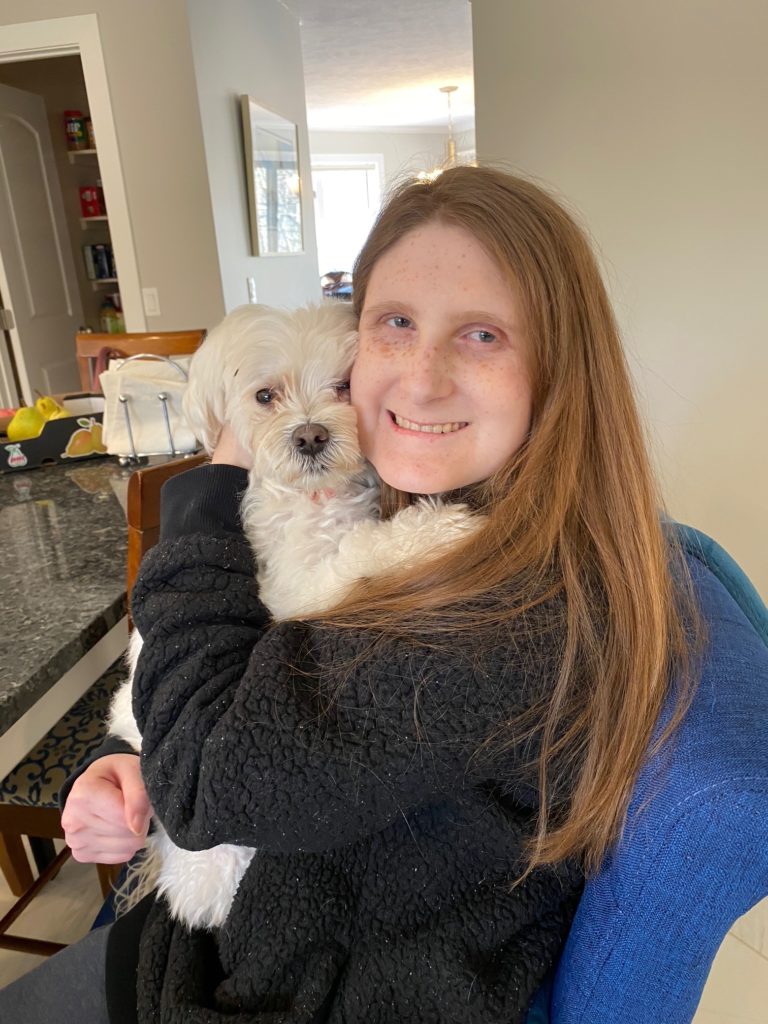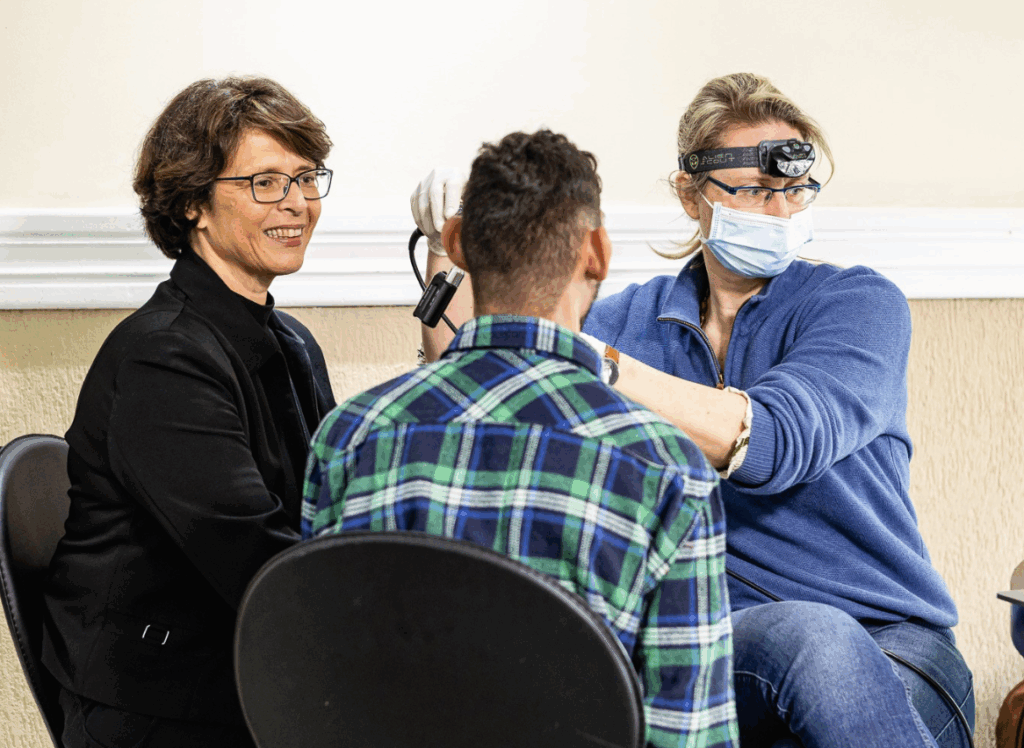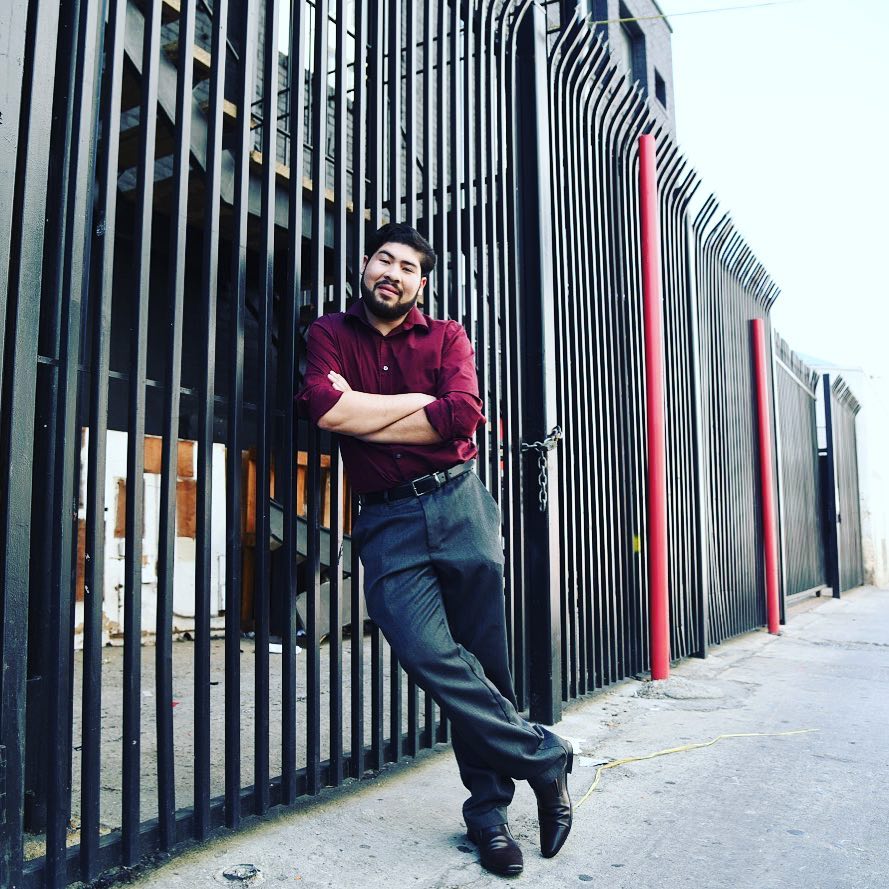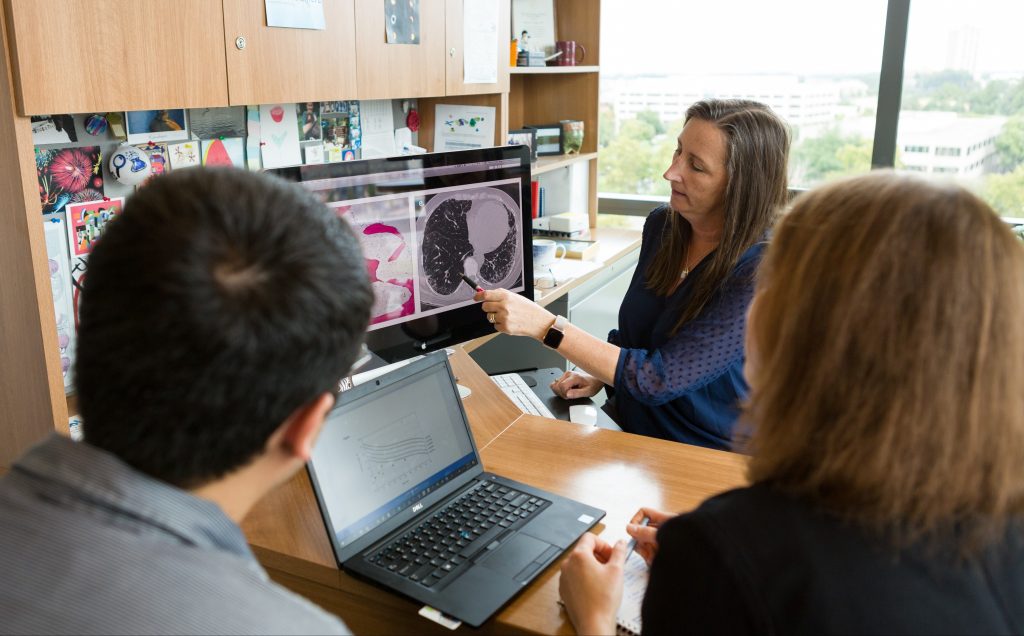
Name: Sharon A. Savage, MD
Institution: Clinical Genetics Branch, Division of Cancer Epidemiology and Genetics, National Cancer Institute, National Institutes of Health, Bethesda, MD, USA.
Area of expertise: Pediatric hematology-oncology, genetics, cancer predisposition syndromes, inherited bone marrow failure syndromes
My work:
I want to understand why people get cancer, because if we know why it happens, we have a much better chance of preventing it. Over the last two decades, my work has focused on understanding the contribution of genetics to our risk of cancer. My team and I built a long-term cancer screening study of Li-Fraumeni syndrome (LFS), a rare disorder that increases cancer risk. This study of more than 900 individuals has quantified the risk and types of cancer, identified new associations between variant type and age at cancer onset, and is currently developing a cancer prevention study for people with LFS.
When I joined the Clinical Genetics Branch in 2006, I helped build a research program in telomere biology disorders (TBDs) within the Inherited Bone Marrow Failure Syndromes program initiated by Dr. Blanche Alter. The TBDs are a spectrum of cancer-prone inherited bone marrow failure syndromes. Our detailed clinical studies of TBDs have led to improvements in their diagnosis and characterized the complications and progression of the complex medical problems faced by this community.
A key part of our family studies research in the Clinical Genetics Branch is to help support patients and families by improving understanding of the psychological and social challenges of living with rare cancer-prone disorders like Fanconi anemia (FA).
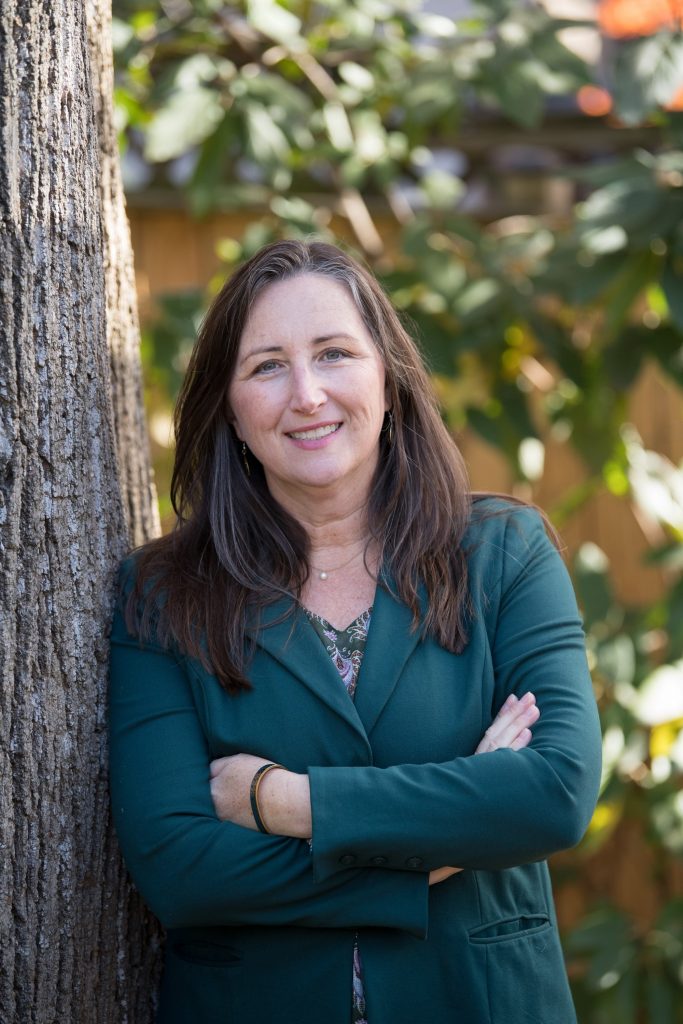
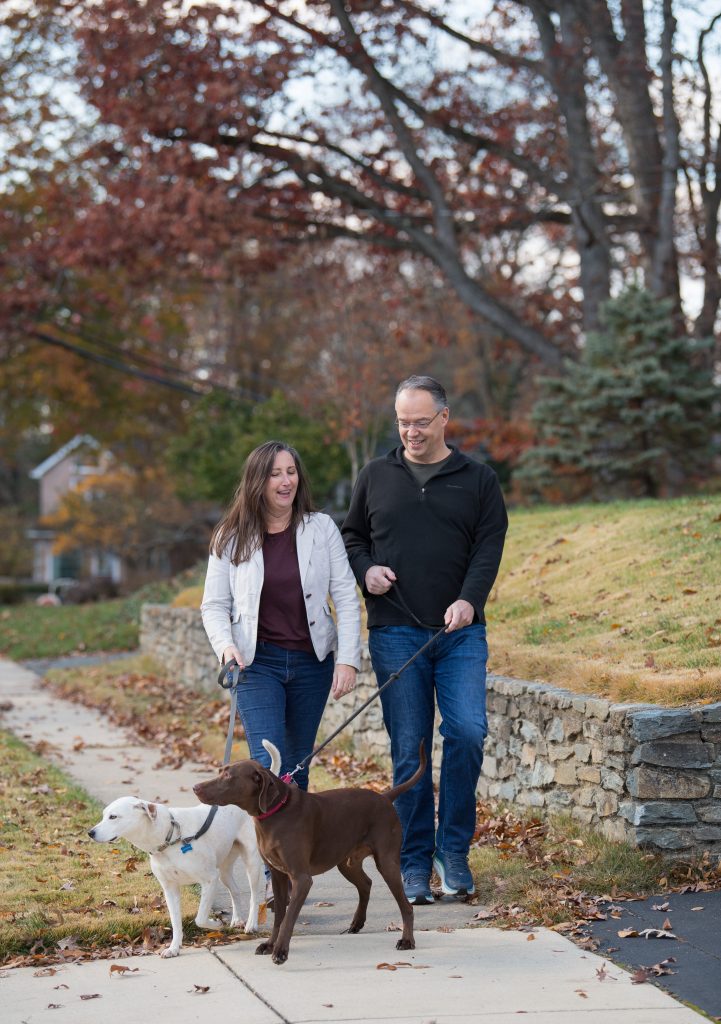
What motivates me to work on FA: My strongest motivation to work on FA is the urgent need for cancer screening and prevention strategies. The amazing success of bone marrow transplant over the last two decades means that people with FA are living and thriving well into adulthood. The scientific community has made important advances in understanding the types of cancer occurring in FA and many of the biologic mechanisms underlying its development, but we don’t yet know the best methods or utility of early cancer detection or prevention. I’m looking forward to applying my expertise in cancer-prone illnesses, genomics, epidemiology, and cancer screening to FA and to working with this vibrant community.
When I’m not in the lab, you could find me: outside with my husband, two kids, our dogs, and my camera. An amateur wildlife photographer, my camera goes with me almost everywhere. My dogs, who also count as wildlife, have their own Instagram account. You might also find me reading science fiction, knitting, or at the gym.
Anything else you want FA families to know? I think that of my most important accomplishments, to date, have been facilitating the development of family support groups for TBDs (Team Telomere, Inc.) and the LFS Association, Inc. For each disorder, I organized the first meetings to bring patients and families together with clinicians and scientists. I am incredibly proud of the progress each of these groups has made in the 12-14 years since their inception and am honored to continue to serve on their medical board. Developing collaborative networks of scientists is the best way to move science and medicine forward. I co-created and co-lead the Clinical Care Consortium of Telomere-Associated Ailments and the Li-Fraumeni Syndrome Exploration consortium, both of which bring together dozens of investigators from around the world to advance understanding of these complex disorders. I look forward to working similarly with the FA Cancer Consortium.


